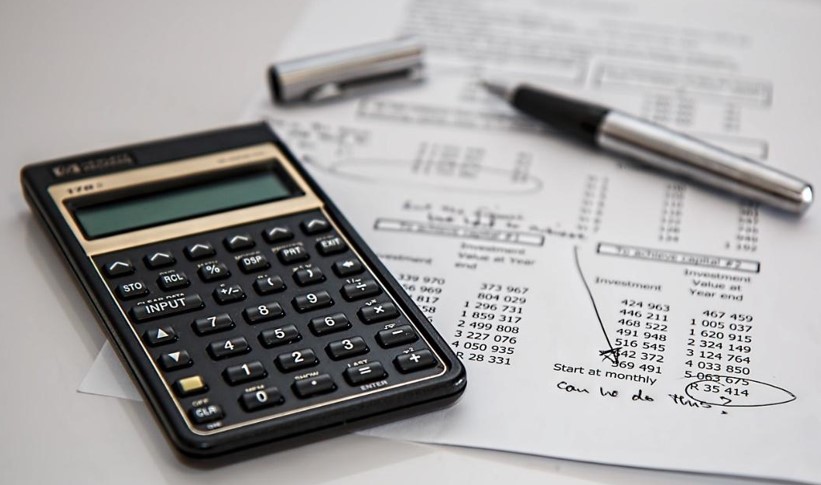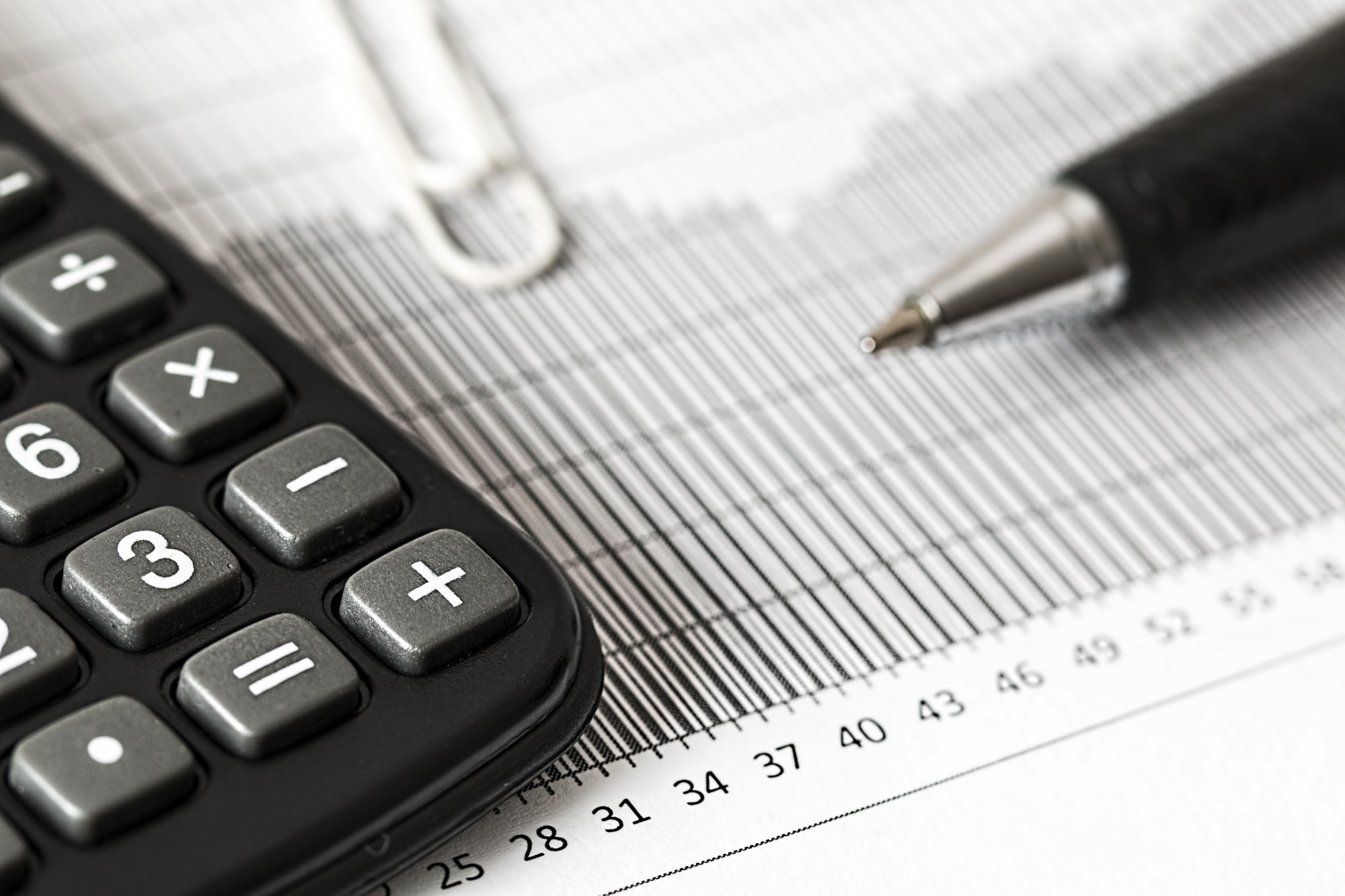The ever-increasing interest rates have many people wondering about a potential recession that could be just around the corner. While some might think that there is no good place left to invest your money, we are here to tell you that you can potentially expand your investment horizon and set up this year for better returns later on.
Here are three great investment platforms to invest your money and generate profit in the long run.
Read on to learn more!
What Is Meant By Investment Platforms?
An investment platform refers to a digital tool or service that helps investors access as well as manage different financial instruments. It can either be a stock, a mutual fund, a bond, or an exchange-traded fund. Such platforms offer a user-friendly and convenient way for investors to purchase, sell, and monitor their portfolios.
Investment platforms can be found in multiple forms, such as online brokerage, peer-to-peer lending platforms, and robo-advisors. Each platform type caters to multiple investment strategies as well as requirements, thereby providing a ton of fees, support services, and features. But as for now, it is significant to opt for the right platform for making investments.
Investment Platform Types You Should Know
Investments are mostly categorized under closed-end funds, unit investment trusts, and mutual funds. All such investments have their own set of challenges, risks, and benefits. Well, it’s pretty much the same case for investment platforms. Before setting foot, it is significant that you discover its primary types:
-
Robo-Advisors
These tend to be the automated investment management platforms that make use of algorithms for creating as well as managing portfolios. Typically, the portfolios are customized according to the investor’s financial goals and risk tolerance. Some popular robo-advisors are Wealthfront, Digital Advisor by Vanguard and Betterment.
-
Platforms For Online Brokerage
Digital brokerage platforms refer to online services that let investors buy and sell different financial instruments like bonds, mutual funds, and stocks. Instances of popular brokerage platforms are Charles Schwab, Fidelity, and E-Trade.
-
Cryptocurrency Exchanges
Thirdly, there are cryptocurrency exchanges are those platforms that let users trade, buy, and sell online currencies. These can be Ripple, Ethereum, and Bitcoin. To name a few famous Cryptocurrency exchanges, Kraken, Binance, and Coinbase deserve mention.
-
Platforms For Peer-to-Peer Lending
These platforms are designed to facilitate loans between businesses and individuals, cross-sectioning conventional financial entities. Such platforms establish connections between lenders and borrowers, leading to potentially higher ROI for investors.
Investment Platforms That Are Becoming Popular In 2023
Hold your breath as you are going to discover some smart investment platforms that have been doing the talk in 2023. Due to their ease of use, these platforms are most likely to get popular in the coming years, too. So, check them out here and make a smart investment:
Cryptocurrency
Suppose you are looking for ways to improve your financial situation. In that case, you might want to look into cryptocurrency, which is essentially digital money that relies on blockchain technology and is secured through cryptography.
In case you are new to cryptocurrency, you will want to know how it works, which is what we are about to tell you. Regarding blockchain, the ledger keeps track of transactions, including intellectual and physical assets.
The access is distributed amongst the “authorized” users, and all shared information is transparent and instant. Also, the information cannot be tampered with, even by the administrator. If this sounds good, you might want to check out CoinCulture: Your Source for a Detailed CoinSpot Review and find interesting news and reviews about the competitive and profitable industry.
Security is a basic part of blockchain, which ensures that your money and profit are completely yours.
Invest In Gold
Another way to improve your financial situation is by investing in Gold. In fact, investing in Gold and Silver is considered a smart strategy against inflation. Over the long run, Gild doesn’t only maintain its value but also maintains its purchasing cost despite the potential fluctuations in the dollar.
Moreover, the high inflation periods serve as an excellent time to boost your allocations to Gold. You might already have an idea about how the stock markets work. When an economy goes into recession, the stock market slumps, too, which means that real estate can lose its value, too. This is where the importance of Gold comes in.
During the recession, Gold can establish a diverse portfolio, which further reduces your exposure to riskier assets.
High-Yield Savings Accounts
In case you haven’t heard about a high-yield savings account before, you should know that it pays the investors interest on their cash balance. Like any other savings account at any physical bank, a high-yield account is instantly accessible for cash.
A savings account is a brilliant option for those looking forward to a contingency plan. Also, if you want to avoid the risk of losing your money while investing, then a high-yield savings account might be just the right option for you.
However, before you start investing in a high-yield savings account, you will want to assess your finances and create a budget. The key to having a budget is that you will have a clear overview of your incoming and outgoing money. And you will know where you are overspending and how you can cut your expenses.
Once you have a better overview of your incoming and outgoing money, you will find it easier to stick to a budget.
The Bottom Line
Investment platforms have a pivotal role to play in the current financial landscape. Not only does it provide investors with the resources and tools needed to manage their portfolios, but it also builds an opportunity for having a passive source of income. By comprehending the most popular investment platforms, it’s your chance to boost your investments.
So, what are you waiting for? 2023, 2024, and the subsequent years have proven lucrative for the investment industry. Make hay while the sun shines, or you can lose great opportunities to circulate your money.
Read Also:























